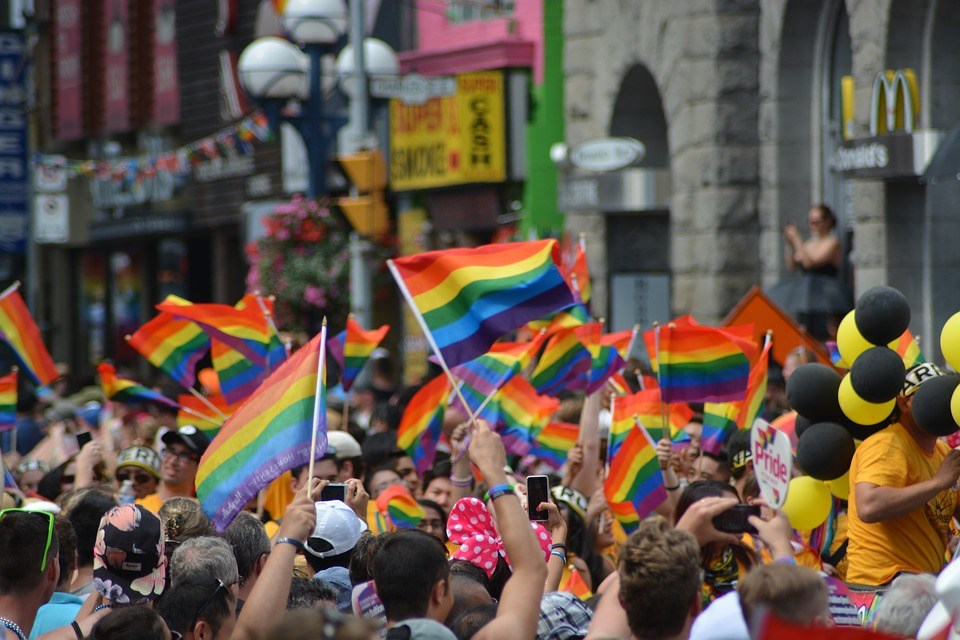More than four out of ten LGBTIQ people across the European Union report feeling discriminated against, the European Commission reported when rolling out its EU-wide equality strategy on Thursday.
According to the European Union Agency for Fundamental Rights, 43% of LGBTIQ people declared that they felt discriminated against because of their sexual orientation or gender identity in 2019, an increase from 37% in 2012.
The European Commission has therefore defined a "first EU strategy for the equality of lesbian, gay, bisexual, transgender, non-binary, intersex and queer (LGBTIQ) people."
One of strategy's elements will be a forthcoming legislative initiative of the Commission, planned for 2021, which will have to extend the acts considered as "EU criminal offences" to include hate speech and hate crimes, targeting LGBTIQ people, among others.
Related News
- Belgium to introduce 'X' as third, non-binary gender
- De Croo dencounces anti-LGBTQ violence in Poland
The Commission will propose to act at this level via Article 83 of the Treaty on the Functioning of the European Union, which allows EU bodies to impose some sort of common minimum definition of criminal offences and sanctions in certain defined areas.
Another legislative proposal on which the Commission will base its work, will aim to push Member States towards mutual recognition of family ties in "rainbow" families, by 2022.
Everyone should feel free to be who they are – without fear or persecution. This is what Europe is about and this is what we stand for.
We present our first-ever strategy on #EU4LGBTIQ equality. ????▶? #UnionOfEquality — European Commission ?? (@EU_Commission) November 12, 2020
The main aim is that same-sex couples with children can retain their legal rights over their children in another EU country, even if that second country does not have legislation recognising the parenthood of same-sex couples.
In a number of cases, the aim will be to "encourage" cooperation between member countries, as large parts of family law are primarily national responsibilities, the Commission said.
"We are seeing progress in some Member States. For example, many have legally recognised same-sex couples. But we also see other trends," said Commissioner for Values and Transparency Vera Jourová.
"Even today, more than half of LGBTIQ people are almost never, or rarely, prepared to openly say 'who' they are," she said. "They are therefore afraid to admit what they feel, afraid of the social stigma associated with coming out."
The Brussels Times

